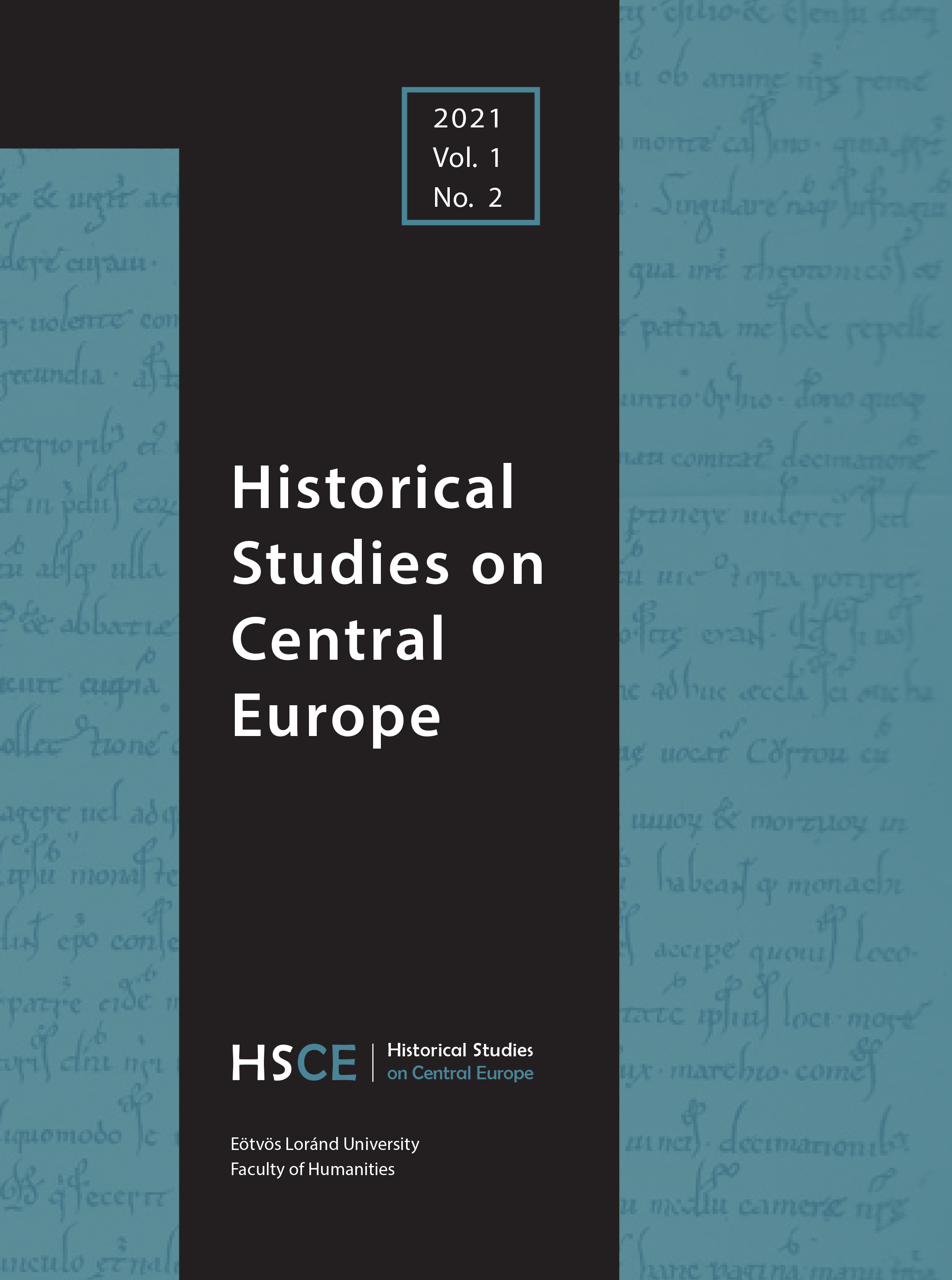Oesterreich ist eben Oesterreich: Politics and Community Histories in the Austro–Hungarian Empire
Published 03-12-2021
Keywords
- Austro–Hungarian Empire, master narratives, historiography, Hungary, Bohemia, community histories, dualism, pacte mémoriel
How to Cite
Copyright (c) 2021 Imre Tarafás

This work is licensed under a Creative Commons Attribution-NonCommercial 4.0 International License.
Abstract
The study offers a comparative analysis of historical grand récits written during the period of the Austro–Hungarian Empire in the imperial center, Hungary and Bohemia. On the one hand, the study focuses on different strategies of legitimizing the existence of the empire from Austro-German historians and, on the other, on how compatible these historical visions were with those of Hungarian and Czech scholars. Rather than seeing “imperial” and “national” histories as isolated, by genre different narratives, our aim is to study them as community histories which have serious implications for each other: smaller (national) community histories for the larger (imperial) community, and vice versa. The study does not only rely on the analysis of these community histories, but aims to situate them in the larger context of the historical argumentation of the contemporary political discourse, as well as the central notions with which loyalty to Austria could be expressed. According to the conclusion of the study, there is no discernible common ground for Austro-German historians in terms of defining the mission and essence of Austria or even for basic notions describing the empire’s past. Also, their definitions of crucial notions such as the “nation” significantly contradicted the major Hungarian master narratives.

